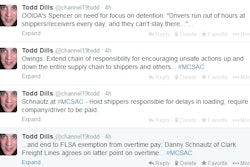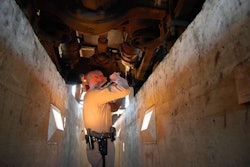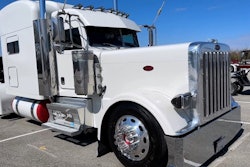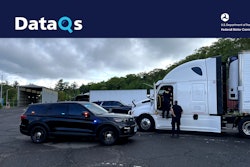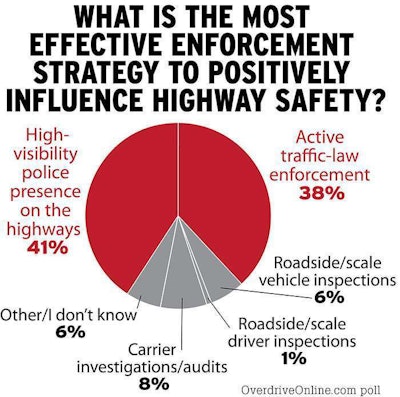
While close to 90 percent of accidents are directly linked to errors in driver behavior, today only 10 percent of safety-intervention activities — from traffic stops to inspections and carrier investigations — are actually focused on behavior.


Fat chance, noted another commenter, who offered the viewpoint that “most roadside inspectors don’t know their job — they think they are tax collectors instead of safety inspectors.”
“So true,” noted Michael Bechara. “It’s not about safety, it’s about the bank!”
Andrea Sitler agreed, too, and suggested the FMCSA and state partners work on a safety-enhancement program designed to be based on rewarding carriers for safety, rather than penalizing them with points that correspond all too often to non-safety-related violations. “If you want real safety,” she said, “work with the companies to improve their vehicles and driver habits. Use a reward system instead of a punitive one. Positive reinforcement has been proven to provide much greater results than negative punishment.”
Ray McKenzie, commenting on Overdrive‘s Facebook page, emphasized, too, the low-hanging highway-safety fruit that he saw as stronger enforcement of “the laws that are in place for four-wheelers and how they conduct themselves around trucks. The list is far too long to mention, but in most cases it has been the experience of the truck driver that has saved an accident from happening.”





